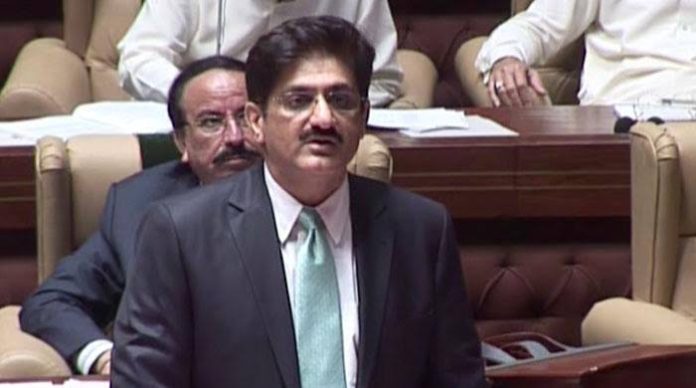Murad Ali Shah’s re-election as Chief Minister of Sindh marks a significant political development in Pakistan’s landscape. With a track record spanning two previous terms, his victory underscores the continued dominance of the Pakistan Peoples Party (PPP) in Sindh and the party’s ability to maintain its stronghold in the province’s politics.
The electoral process, though delayed initially, unfolded with Murad Ali Shah facing off against Ali Khurshidi of the Muttahida Qaumi Movement-Pakistan (MQM-P). This competition highlights the multi-party dynamics within Sindh and the challenge posed by MQM-P as a formidable opposition force. Despite the rivalry, the democratic process proceeded smoothly, with Murad securing a decisive victory with 112 out of 148 assembly members’ votes.
The overwhelming support for Murad Ali Shah reflects the confidence placed in his leadership by the majority of assembly members. His tenure from 2016 to 2023 likely contributed to this mandate, showcasing his experience and effectiveness in governance. Additionally, the congratulatory messages from both PPP and MQM-P members signify a spirit of cooperation and unity, essential for addressing the region’s challenges.
Sardar Shah’s acknowledgment of Murad’s achievement as a continuation of his father’s legacy adds a personal and historical dimension to the occasion. It underscores the significance of familial and party lineage in Pakistani politics and reinforces Murad’s connection to the PPP’s storied past.
As Murad Ali Shah prepares to take his oath for the third time, expectations are high for his administration to address the pressing issues facing Sindh. From socio-economic development to infrastructure improvements and governance reforms, the new government will face a myriad of challenges. However, with Murad’s experience and the support of the assembly, there is optimism that his leadership will steer Sindh towards progress and prosperity.


